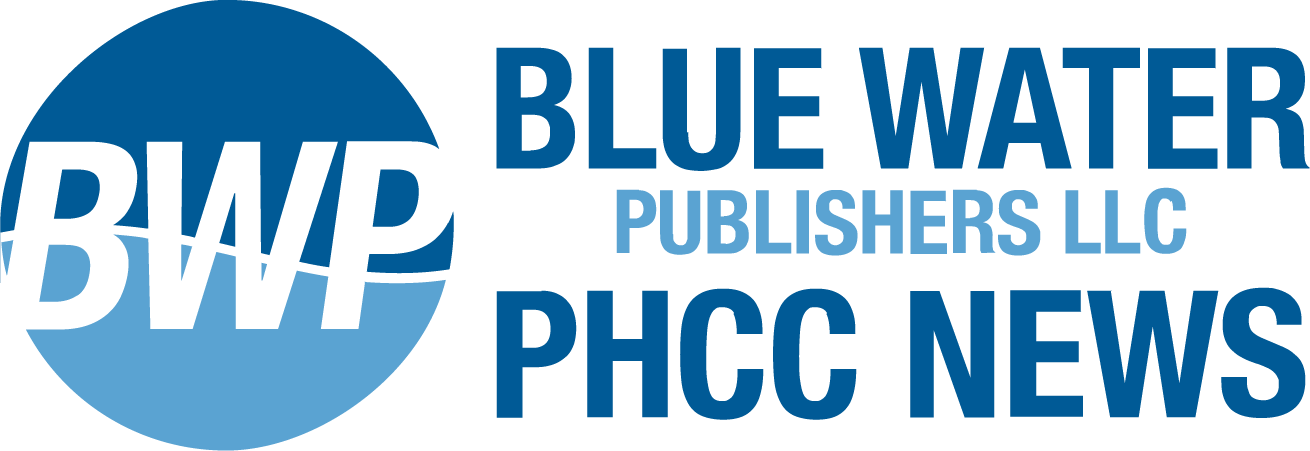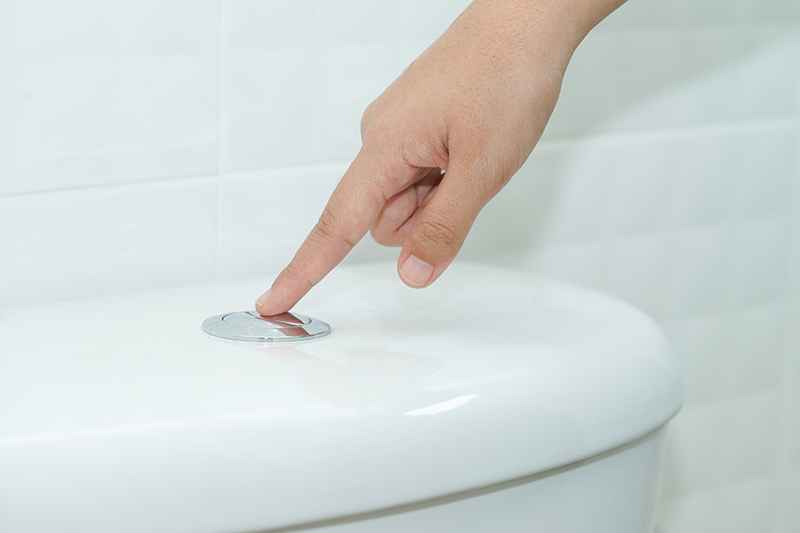Thinking twice about what you flush away may help you save money, and the environment. Today, Ryerson University, Toronto, Canada, released an April 2019 report on the first ever test of single-use wipes against rigorous criteria for flushability. The report, “Defining ‘Flushability’ for Sewer Use,” created by Ryerson’s Flushability Lab at Ryerson Urban Water, includes the testing of 101 single-use products, of which 23 being labeled as “flushable” by the manufacturer. Results showed that not one single wipe was able to fall apart or disperse safely through the sewer system test, which can negatively impact household plumbing, municipal sewage infrastructure, and consequently, the environment.
“This research confirms conclusively what those of us in the industry already knew — that single-use wipes, including cleansing and diaper wipes, cannot be safely flushed, even those labeled as ‘flushable,'” said report lead Barry Orr, a 25-year veteran sewer outreach and control inspector with the City of London, Ontario. “Manufacturers need to be regulated to properly label products, so that residents can make informed decisions that can save money, protect infrastructure and the environment by properly disposing of wipes in the garbage.”
To test the flushability of the samples, the researchers created a working model of the average home’s lavatory system from toilet to sewer, including the bends and slope, plus average water pressure typical of urban infrastructure. Each wipe was then tested to the wastewater industries specifications for toilet and drainline clearance plus disintegration. The report findings showed that none of the wipe samples fell apart or dispersed enough to safely pass through the sewer system without a risk of clogging or causing damage to infrastructure.
Many of these wipes also contain synthetic fibers, including plastics, which can make their way into waterways, harming water systems and wildlife. This occurs most often when clogged municipal infrastructure leads to overflows and spillage into local waterways.
“This important new research out of Ryerson Urban Water exemplifies the unintended consequences that can result from everyday actions taken by individuals and organizations,” added Nick Reid, Executive Director of Ryerson Urban Water. “Healthy cities depend on healthy urban water strategies, and we all play a vital role in this very delicate ecosystem.”
To read the report, visit bit.ly.

